From Corporate Innovation to Neurodiversity Advocacy
Ksenia Golubeva
CBDO and co-founder of AutiHD, Luxembourg-based neurodiversity platform delivering AI-driven support for ADHD/autism in daily life and work.
Ksenia Golubeva caught my eye with her bold shift from steering massive startup deals in Eastern Europe to championing neurodiversity through AutiHD. What draws me in is her raw passion for turning overlooked human struggles into real solutions, blending sharp business acumen with deep empathy. She's not just building an app; she's reshaping how we view talent. In this conversation, you'll uncover how a chance meeting shattered her stereotypes about autism and fueled a mission for inclusion. Her vision sticks with me: neurodivergent people don't need fixing - the world does.
After years of launching over 50 pilots and handling thousands of startups, what key insights pushed you toward co-founding AutiHD, especially when so many ventures felt disconnected from genuine human needs?
How did your early journalism project on autistic children influence your current work, and what parallels do you see between those experiences and the gaps in adult neurodiversity support today?
What role has ongoing user feedback played in evolving AutiHD from those initial conversations into a platform that's truly user-centered?
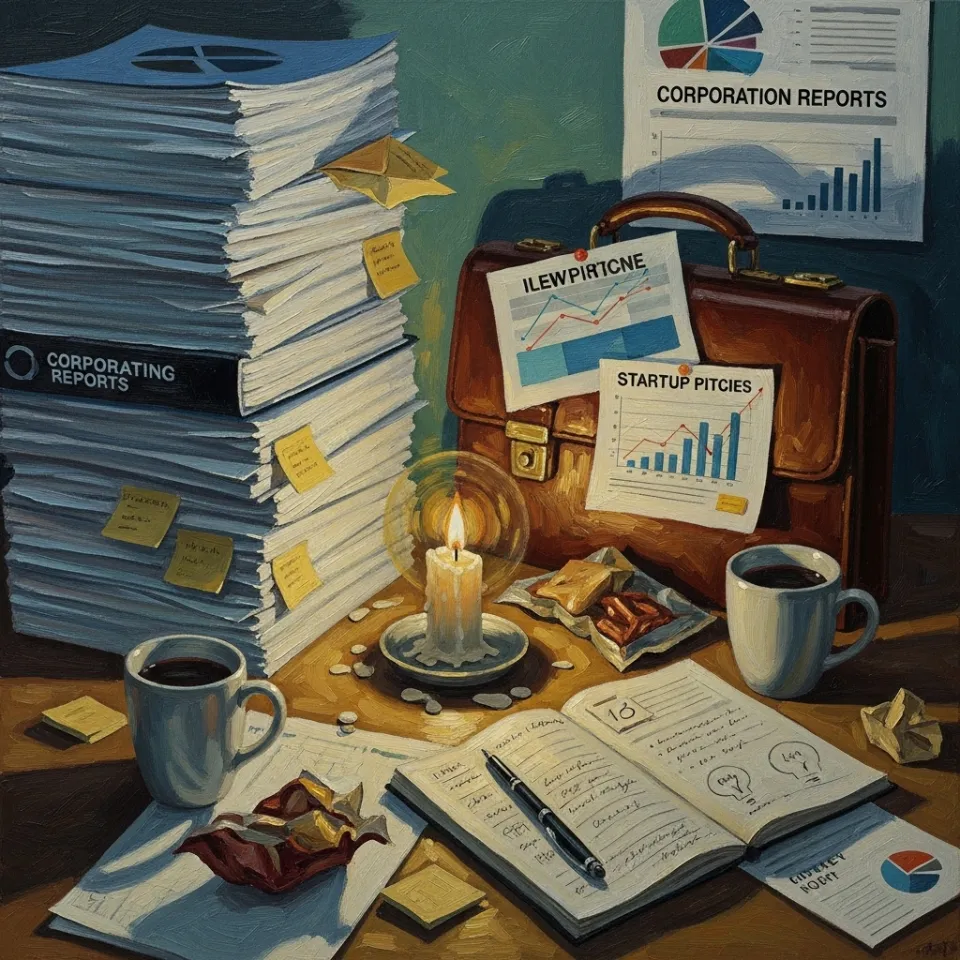
In reflecting on your shift from advising startups to founding one with such a human focus, what unexpected lesson emerged about balancing purpose with practical innovation?
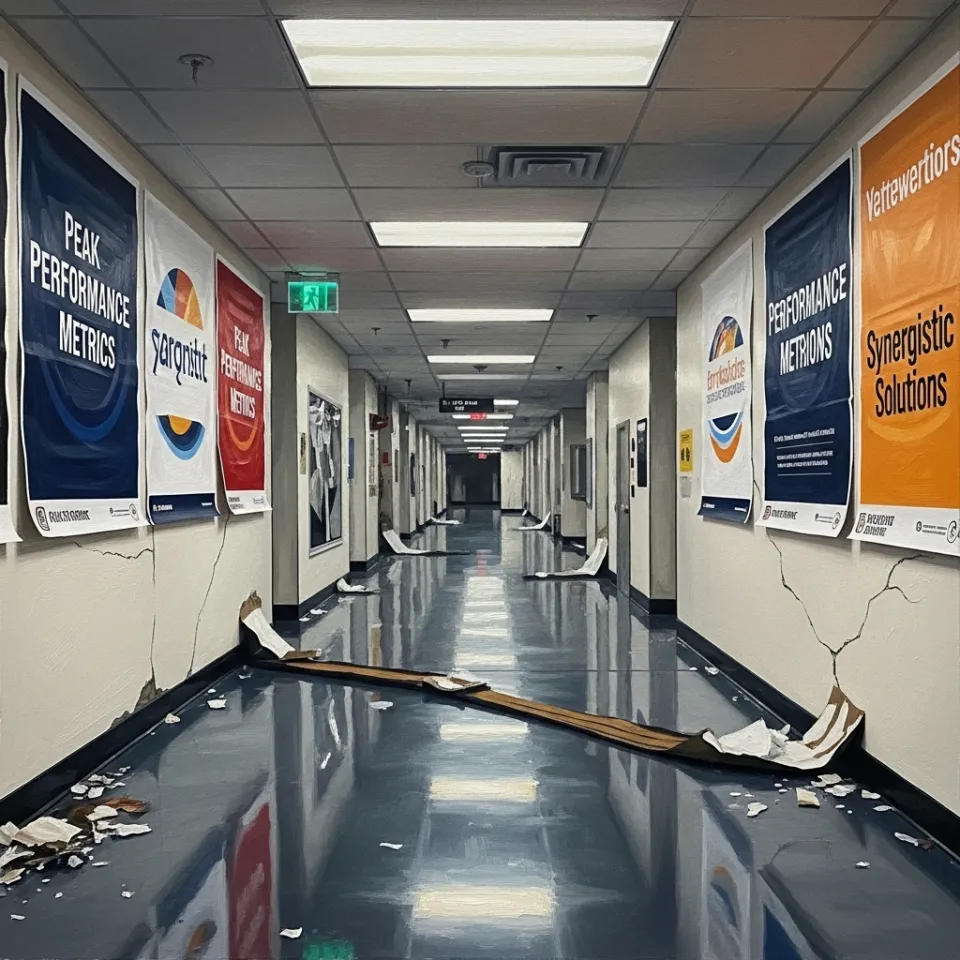
What sparked your deep dive into neurodiversity, particularly for adults with ADHD and autism, and how did your background weave into this passion?
How did shattering those personal stereotypes about autism influence AutiHD's mission to foster inclusion beyond childhood?
In what ways has your professional journey from Eastern Europe innovation to Luxembourg healthtech shaped your approach to breaking down these societal barriers?
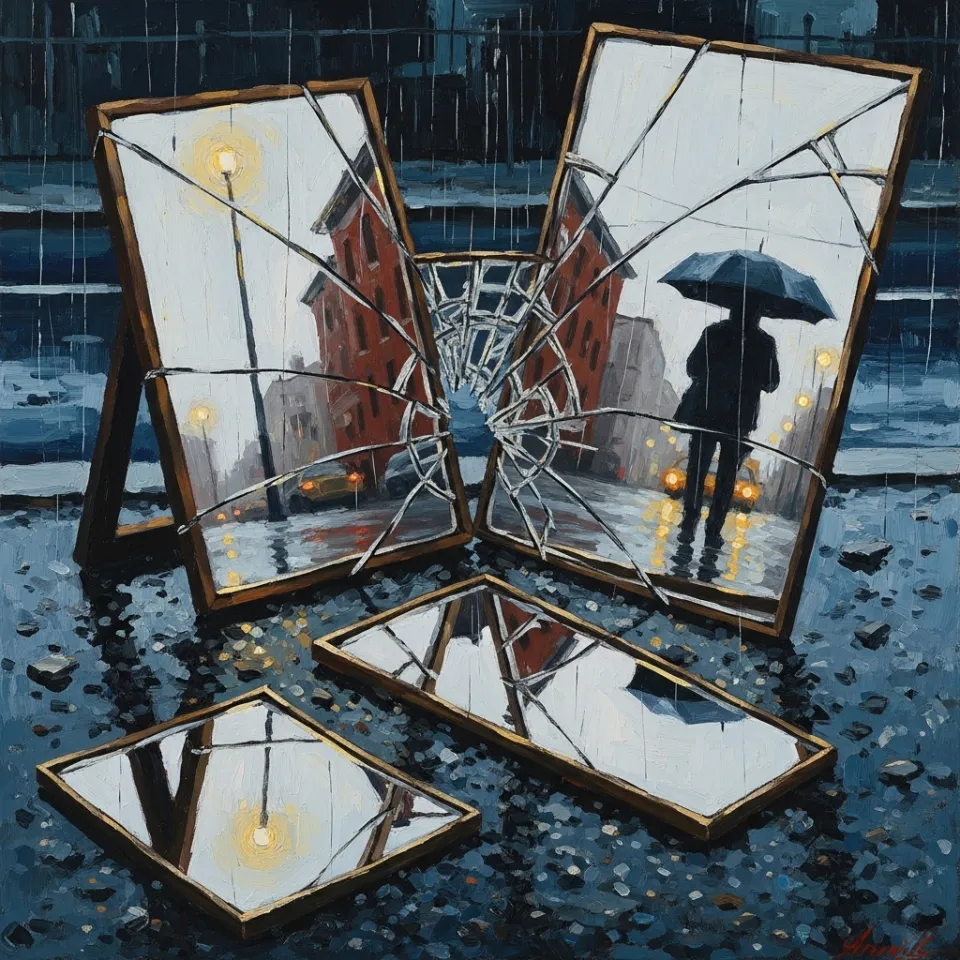
What systemic shifts do you advocate for to better support neurodivergent adults, drawing from your innovation expertise?

Walk us through how AI drives the Mindory App's features, from stress detection to personalized recommendations, and why transparency matters so much for your users?
What early user metrics, like retention and popular features, are guiding your refinements to the app over the coming months?
How does Mindory's roadmap address upcoming priorities like accessibility and new user challenges, beyond the current iOS focus?

In positioning Mindory as a wellness tool, what evidence are you gathering to potentially evolve it toward medical device status in markets like Germany?
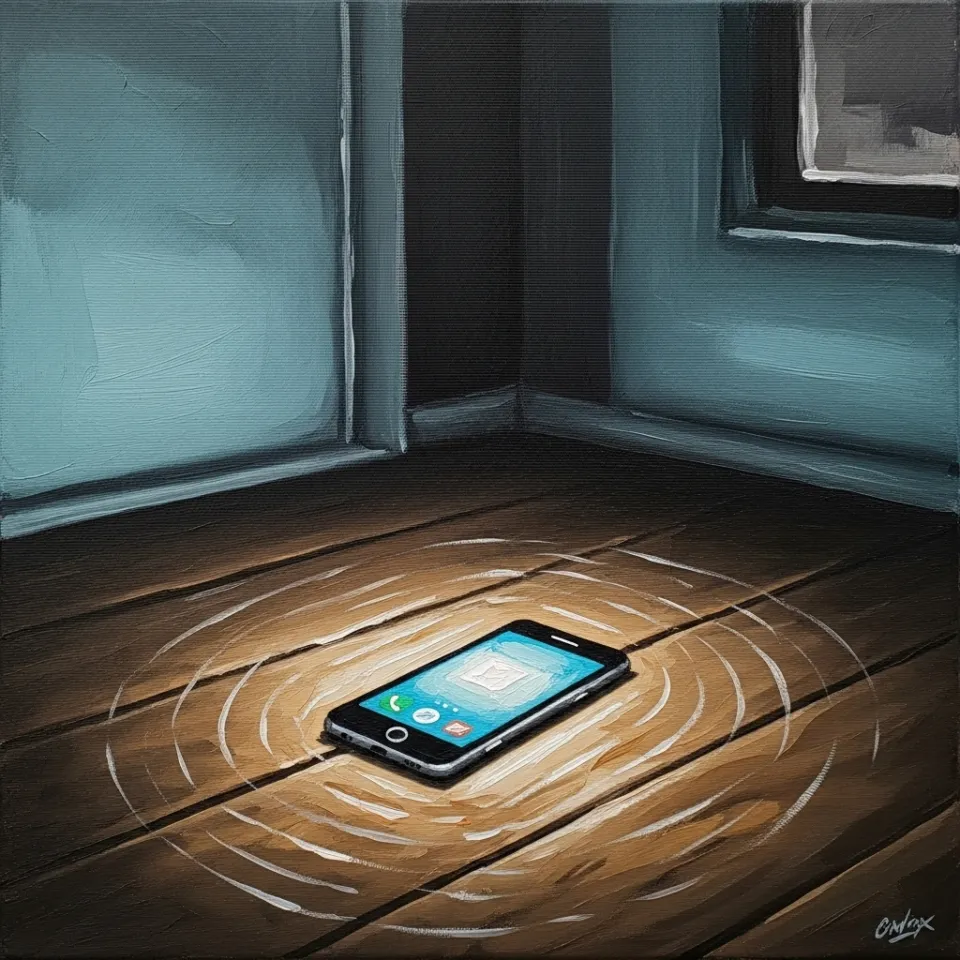
From a business development angle, how is Luxembourg's unique ecosystem helping AutiHD scale, and what strategies are you using for broader European adoption?
Can you elaborate on your hybrid business model and how early traction is influencing your expansion plans?
How are you supporting employers right now, and what's planned for future integrations to enhance workplace inclusion?
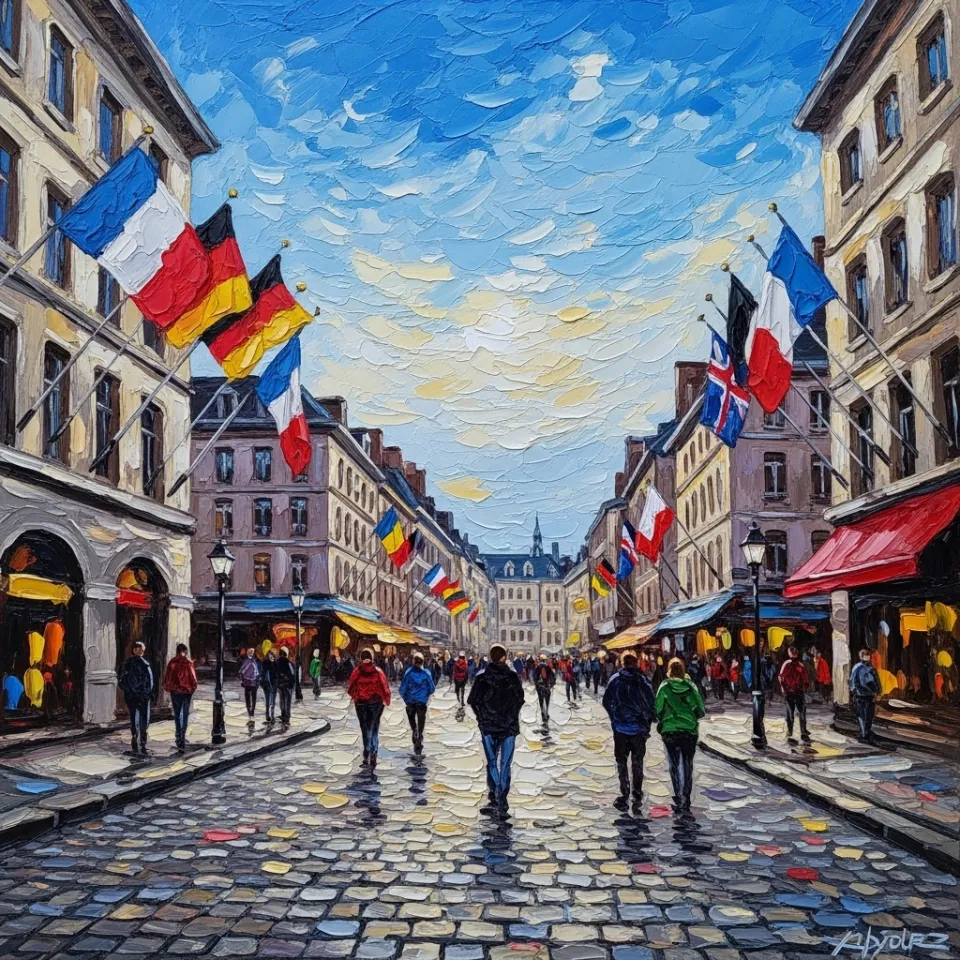
What regulatory paths are you navigating for reimbursement, and how do they align with your market priorities?
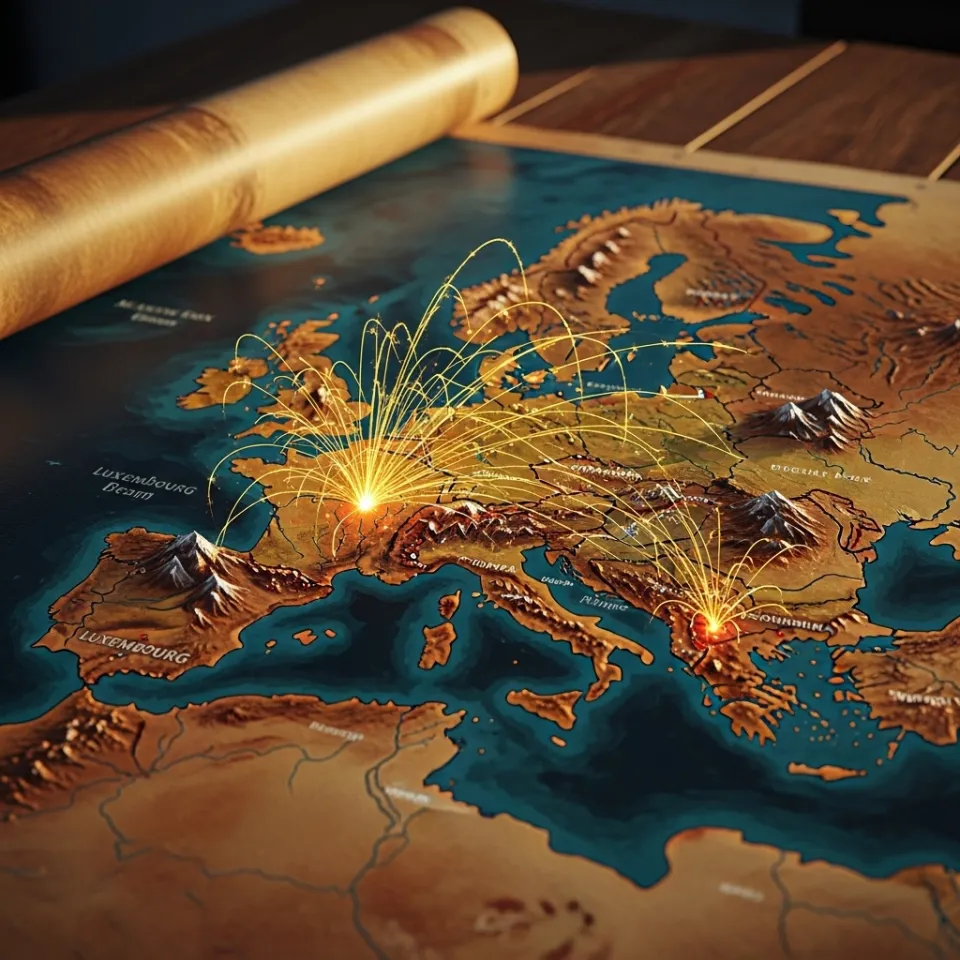
How do you picture the evolving workplace for neurodiversity, and what's AutiHD's role in that transformation?
What surprising insights have emerged from blending startup speed with neurodiversity's nuances?
Looking at systemic needs, what policies could better empower neurodivergent adults across society?
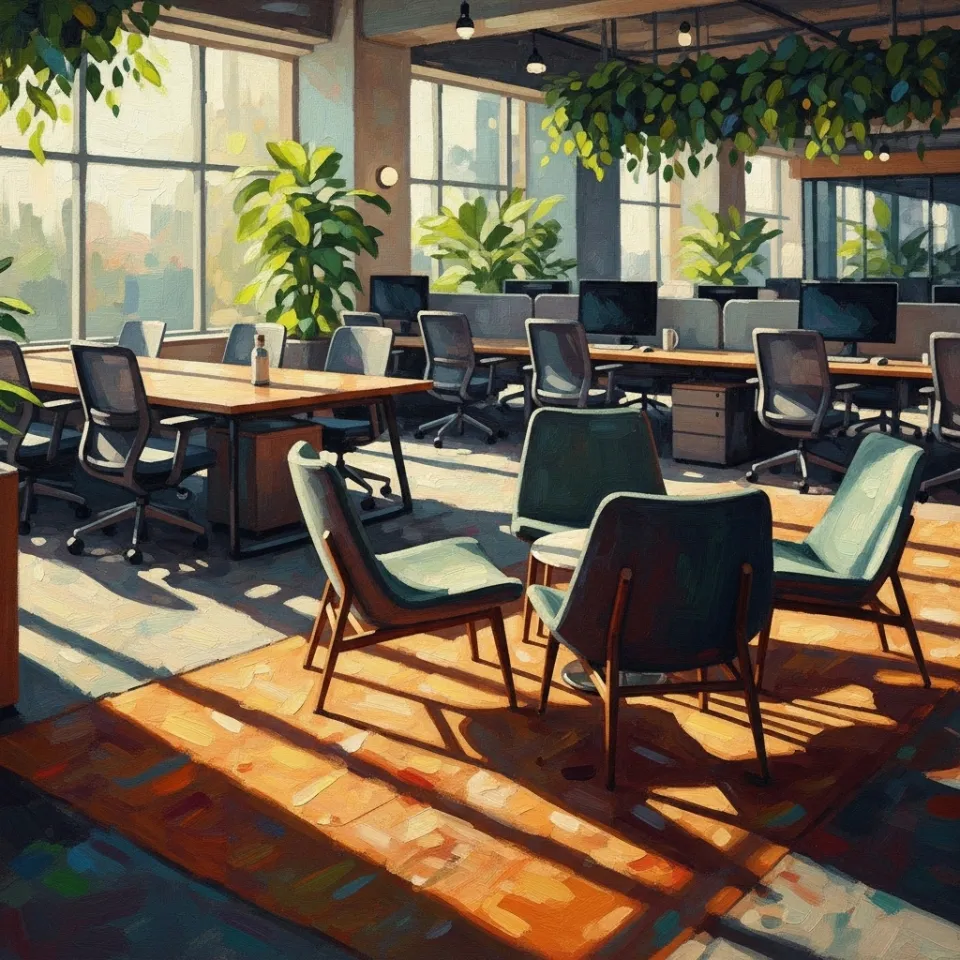
As AutiHD grows, how will your roadmap continue advancing this vision of everyday inclusion?

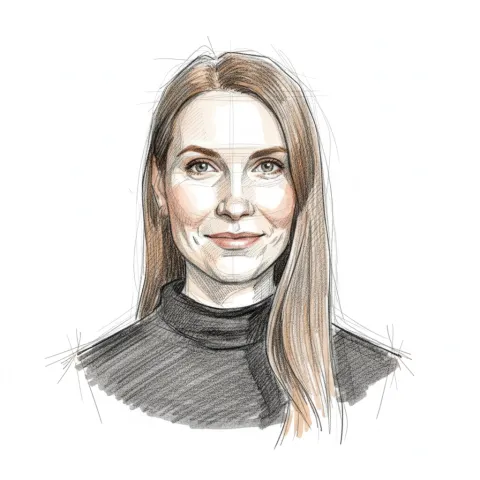
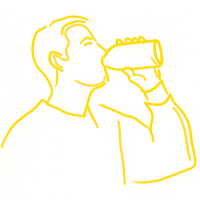
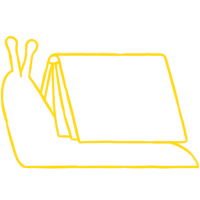
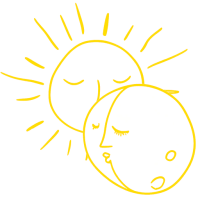
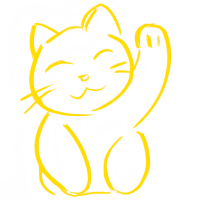
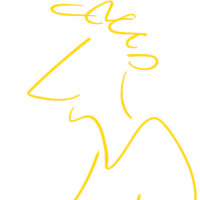
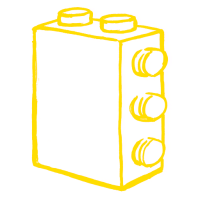
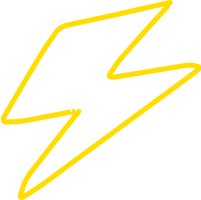

Share moment
Choose where you'd like to share this interview moment: